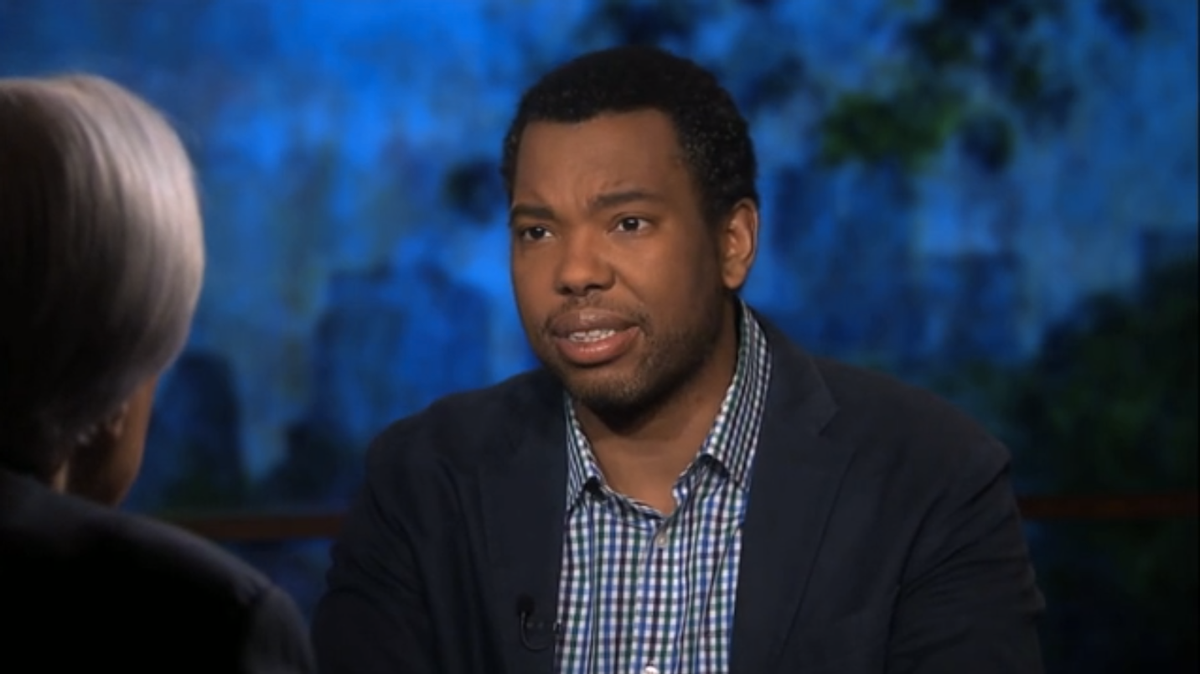Ta-Nehisi Coates is one of our foremost commentators on race in America. He’s also a serious comic book geek. Sitting down with Vulture’s Abraham Riesman, the prolific critic discussed his passion for comics, Marvel's unique take on identity politics, and the importance and resonance of superheroes in pop-culture today.
As a child, Coates says he saw comics as a form of escapism, as well as an illustration of characters who had found their “meaning in the world.” Yet despite being a huge Marvel fan, Coates says he never read DC comics. While DC’s lead character is Superman — who stands for "truth, justice, and the American way” -- Coates feels that Marvel speaks more to the outsider experience."Then you pick up X-Men, right, and you see all these weirdos and freaks, you know? And you think, Oh, man, that kind of rings true for me. When I was a kid, I didn’t even think of Peter Parker as white," he explains.
Riesman points to Spider-Man in particular as a character that people of color identify with, because, as famed superhero writer Brian Bendis once said, "under the mask he could've been anybody."
"I think that’s a statement on how race is not a real thing," responds Coates. "I acknowledge it, I think of it as living in a different world, and I can imagine a world where that was not that important; the color of his hair was just not that important. I thought of him as a dude, an outsider. But I was always aware that Superman was white, and I don’t even know why."
The pair also discussed how Marvel's long-standing habit of depicting outsider characters can be reconciled with the fact that most of the characters are straight and white. Still, says Coates, it's a major improvement over mainstream Hollywood:
"Comic books aren’t perfect, but listen: In the 1980s, Marvel had a black woman — not just a black woman, a woman who was born in Harlem, a woman who was African-American and whose mother was Kenyan — leading their most popular title. And then when she lost her powers, she was still kicking ass. Like she still had enough to whip Cyclops’s ass. That was something they were doing. I can’t really think of anywhere else I would’ve went at that time to see something like that. Just today I was reading that Hickman one. And this kid, Manifold, is like an Aboriginal. This is incredible! I mean this has to do with Hollywood: You don’t actually see that diversity reflected on-camera. [Comics] are not perfect, especially around gender and the women’s stuff, but you start comparing it to Hollywood, it’s not even a conversation. I mean consider it like this: There could’ve been [a Hollywood] adaptation, a true adaptation, of X-Men in which Storm was the protagonist in the way that we were reading it; that would’ve been a true rendering of what the comic book actually was. But that’s not possible, that’s not possible in Hollywood. It’s deeply sad."
In terms of his hopes for the future, Coates says he would like to see a Storm in "X-Men" who actually "looks like Storm" (Alexandra Shipp, a half-black, half-caucasian woman was recently cast for "X-Men: Apocalypse" whereas Storm is depicted as a very dark-skinned black woman in the comics). "Don’t let anybody think I’m criticizing [Shipp], but I hope we can get things as diverse as the books," says Coates. "And that one day we can start grappling with how folks actually look."

Shares